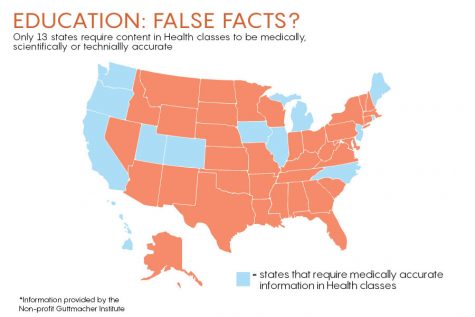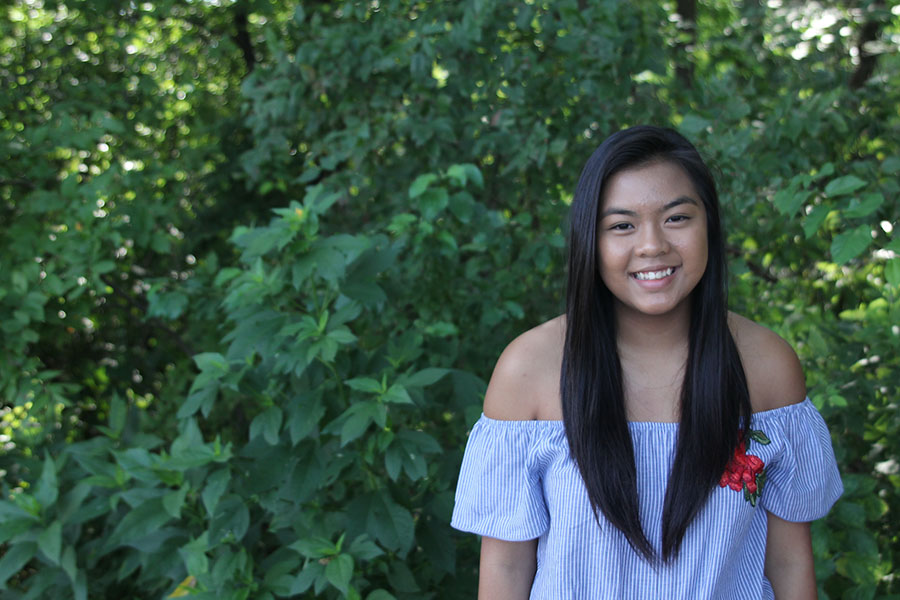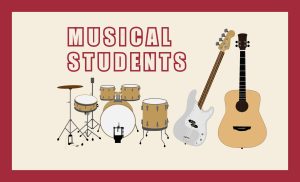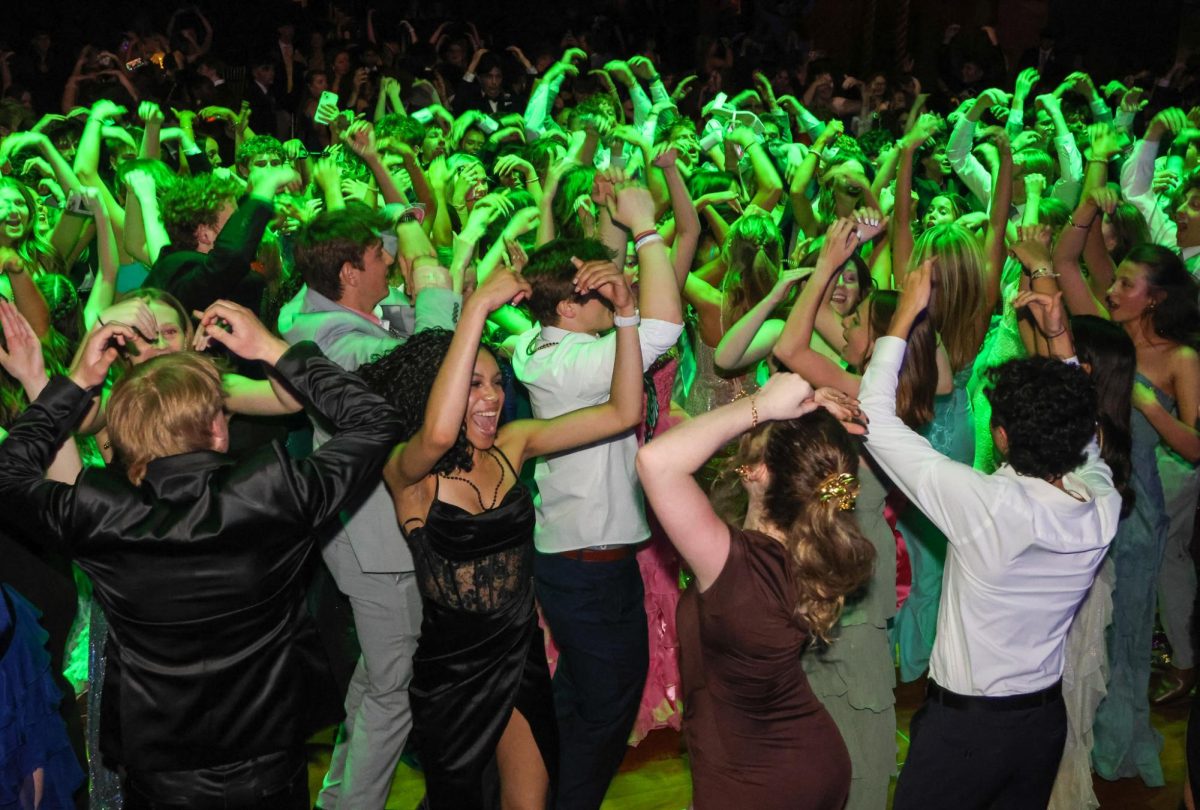Accurate information is every student’s right
The key to creating an innovative generation is allowing students access to basic and accurate content
February 16, 2018
Growing up, I was constantly told that certain content was not “age-appropriate” for me. I never truly understood why until I reached high school and had to find out exactly what those things were myself. Thankfully, I received a vast majority of my trustworthy information through the school and I now realized how blessed I am to have been able to rely on education.
Finding out “explicit” content while in high school never really bothered me because I found out eventually. What really bothered me instead was learning that some students may never learn as much information as me or they don’t have access to the same resources that Mill Valley provides me. Even worse, some information being spread in schools isn’t technically accurate.
It came as a shock to me to find out that when social studies teacher Jeff Wieland taught in Virginia he wasn’t allowed to teach his students that slavery was a primary contributing factor to the Civil War. It was also surprising to hear from English teacher Anna Nelson that the book she’d assigned us to read, A Separate Peace, was banned in several schools for themes of “homosexuality.” In reality, the author himself said that was never his intention and his true message had more to do with a broader idea. I was confused as to why I had learned in my Health class with Health teacher Amy McClure a very informative lesson on sexuality when my friends in other classes did not. Shouldn’t all of my peers have access to this information?

Small details like these in the curriculum should be readily available to all high school students in all places and it’s vital to make sure all information is accurate. It’s unfair to restrict information when that content could ultimately end up shaping one’s opinions and actions.
It’s understandable why some districts refuse to acknowledge some topics; it doesn’t seem like their place to do so or they feel that providing information about an “inappropriate” topic will encourage bad behavior. However, while intentions may be sincere, censoring can have the opposite effect of what is desired.
That doesn’t always prove to be true. According to a study by the National Institute of Health, the movement to limit information regarding other sex education, such as birth control or condoms, did not end up preventing teen pregnancy, but it may have actually contributed to the fact that the rates were so high. In addition, the National Conference of State Legislatures lists only 13 states that require sex education that is “medically, factually or technically accurate.” Not only are restricted methods of teaching contributing to the problem, the teaching of medically inaccurate information is legal.
Of course there’s always the chance that this information will be learned outside of the school setting, but the risk of receiving wrong facts vastly increases once a student turns to places like the internet. Having informed and coherent students can only be good for society as these students leave for the world. If the American public education system truly wished to be impactful and keep all interests in mind, education would be more inclusive. This information should not only come from the school system, but also be accurate.
Ultimately, having too much information is always better than not having enough. If the American public education system truly had the next generation’s best interest in mind, they’d make it easier to access information that everyone is entitled to rather than forcing students to seek that information out on the internet. After all, if high school students are old enough to decide what we want to do for the rest of our lives, we’re old enough to learn that slavery was a reality of the past and male friendships exist.











